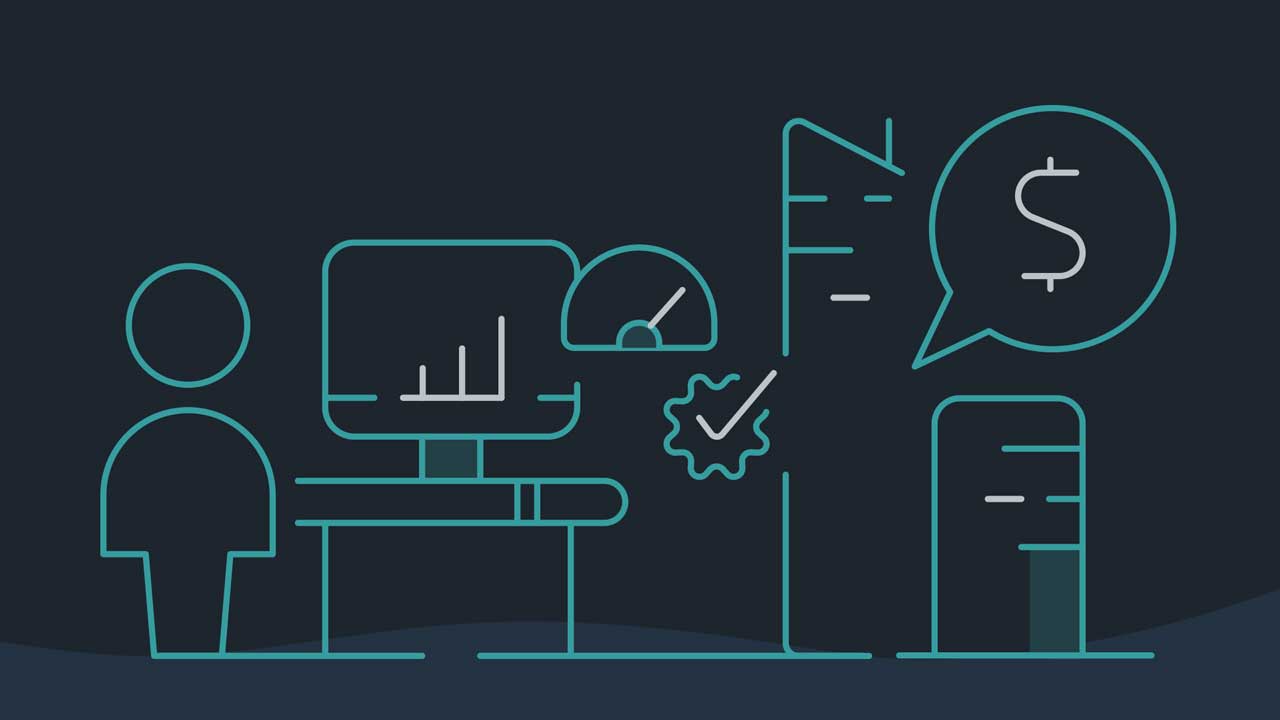AI Models in Multifamily: What Are They & Which Ones Are the Best For You?

Artificial intelligence (AI) can be game-changing for businesses seeking innovative approaches. And even though AI technology has been around since the 1950s, it has taken a while for the multifamily real estate industry to realize the true business value of implementing it.
Modern technology can open up significant opportunities for multifamily owners, operators, investors and developers, and there are some AI technologies tailored for multifamily, such as conversational AI, generative AI, machine learning, optimization and computer vision.
However, adopting and implementing AI can be challenging because so much information exists. How do you cut through all the noise to understand what AI models are available and which ones are right for your business?
One place to start is with AI models themselves.
What are AI models
AI models are programs that analyze data to detect patterns, draw conclusions and make predictions. Essentially, they turn raw data into useful intelligence.
AI models are designed by highly experienced data scientists working with multifamily experts who understand the industry’s information, processes and unique needs. Their expertise is built into the models to inform your decisions.
To determine which models are best for your multifamily business, there are three things to consider.
What to look for when evaluating AI models
Pay close attention to what should comprise AI-driven models.
#1: Industry-specific data
There is a lot of data out there. You need AI models that draw from deep multifamily domain expertise, ones that use data annotations trained and prepared to do the intended tasks to meet the unique demands of this industry. A tailored approach to AI model training ensures relevant and accurate results to convert leads to leases, increase resident retention and improve back office efficiencies.
#2: Robust datasets
That AI models rely on data is a fact. You need a large volume of data that is extensive and collected over decades. It must also be high quality, comprehensive and from various data sources, including lease transactions that span multiple economic cycles, millions of units of every asset type and every facet of multifamily operations.
#3: Top-grade infrastructure
To ensure scalability, availability and security, you need AI infrastructure to be rigorously tested, continuously monitored and regularly improved upon, as well as to address ethics, privacy and compliance requirements.
Several multifamily AI models fit the above criteria.
Which AI models are best for your multifamily business?
There are a variety of purpose-built AI models available for the multifamily industry. They have capabilities embedded as features that address specific challenges like improving return on capital, driving operational cost efficiencies, optimizing revenue, and boosting resident engagement and satisfaction.
Here are three examples of AI models used for multifamily operations today:
AI Credit Screening Model
This model uses data like credit history, rental history, debt and income to predict the creditworthiness of a prospect in terms of their likelihood to complete their lease term and fulfill their economic obligations without leaving owing a balance. Its strength lies in:
- Being extensible to include each prospect's unique collection of facts
- Proving a score that allows accept, conditional accept and denial outcomes to be empirically driven with an understanding of the associated outcomes
It provides a robust framework for operators to trade-off two important operational factors – throughput (the percentage of applicants accepted and the associated deposits) and bad debt (the amount a resident owes when they leave) – in a way that maximizes property economics.
AI Apartment Demand Model
This model uses data like preferred move-in dates, market rank and customer interaction history to predict leasing probabilities. Its strength lies in:
- Providing detailed insights on each lead's conversion rate
- Helping to narrow down and better understand how lead activities may manifest in the demand funnel/pipeline
This targeted approach allows for more precise marketing strategies and enhances customer engagement.
AI Apartment Supply Model
This model focuses on factors such as market type and unit-specific rent dynamics to forecast lease renewals. It's instrumental in:
- Developing proactive retention strategies
- Understanding tenant behavior
- Informing pricing strategies
AI models are often combined to offer a complete view of real operations or experiences (for example, the tenant journey from acquisition to retention), enabling more informed, strategic decision making.
Stand out from the rest
Differentiate yourself with the right AI models for your business that use industry-specific data from robust datasets with top-grade infrastructure. In addition to the many benefits – optimizing operations, enhancing tenant experience and driving ROI – AI solutions offer prediction accuracy and operational efficiency to give you a competitive edge in the multifamily market.